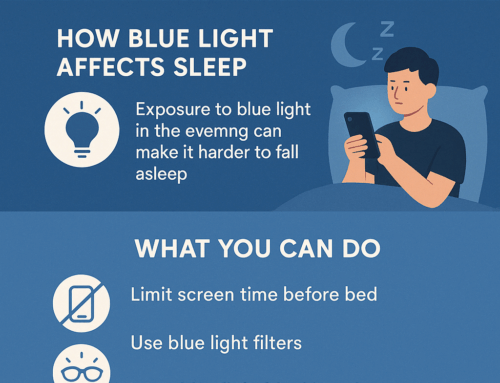Therapy is a significant step towards improving your mental health and overall well-being. However, finding the right therapist can feel daunting, especially with so many options. In this blog post, we’ll explore a few tips to help you find the right therapist.
- Identify Your Goals:
Before beginning your search, take some time to reflect on what you hope to achieve through therapy. Are you seeking help for managing anxiety, depression, relationship issues, or trauma? Understanding your goals will help you narrow your search and find a therapist with the right expertise.
- Consider Your Preferences:
Think about what type of therapist would best suit your preferences. Would you feel more comfortable with a male or female therapist? Are you looking for someone of a particular age group or cultural background? Consider factors such as therapy approach, specialty, communication style, and personality compatibility.
- Seek Recommendations:
Contact trusted friends, family members, or healthcare professionals for recommendations. Personal referrals can be invaluable in finding a therapist with a good reputation and who has helped others with similar concerns.
- Utilize Online Resources:
Use online directories and search engines to find therapists in your area. Websites like Psychology Today, TherapyDen, or GoodTherapy allow you to search for therapists based on location, specialty, and insurance coverage.
- Check Credentials and Specialties:
Ensure that any therapist you’re considering is licensed to practice in your state and holds appropriate credentials. Search for therapists who specialize in treating your concerns or have experience with clients facing similar challenges.
- Research Therapist Reviews:
Read online reviews and testimonials from previous clients to help you understand the therapist’s reputation and effectiveness. While reviews should be taken with a grain of salt, they can provide valuable insights into the therapist’s approach and demeanor.
- Inquire About Therapeutic Approach:
Different therapists use different therapeutic approaches, so finding one that aligns with your preferences and needs is essential. Research common therapy modalities (e.g., cognitive-behavioral therapy, dialectical behavior therapy) and inquire about the therapist’s approach during initial consultations.
- Schedule Initial Consultations:
Many therapists offer free initial consultations or brief phone calls to discuss your concerns and determine if they’re a good fit for you. Take advantage of these opportunities to ask questions, discuss your goals, and gauge your comfort level with the therapist.
- Trust Your Instincts:
Ultimately, trust your instincts when choosing a therapist. Pay attention to your feelings during the initial consultation and whether you feel heard, understood, and respected. Don’t hesitate to find another therapist if something doesn’t feel right.
- Be Patient and Persistent:
Finding the right therapist may take time and persistence, so don’t get discouraged if you don’t find the perfect match right away. Keep an open mind and continue your search until you find a therapist who fits you.
Finding the right therapist is crucial to achieving your mental health goals. By following these tips and taking the time to research and explore your options, you can find a therapist who provides the support, guidance, and expertise you need to thrive. Remember, therapy is a collaborative process, and finding the right therapist is the first step toward your journey of healing and growth.
For more information on how hormones can affect mental health, visit our blog







Leave A Comment